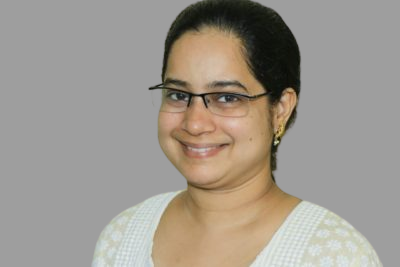As a member of First Check, I feel like a warrior, fighting the infodemic. The pandemic showed us how people contracted,spread, or even succumbed to COVID-19 because they fell for false claims. However, COVID-19 is just one of the many catastrophes we have been battling.
My fact-checking journey began in the year 2017, when I joined the Homi Bhabha Centre for Science Education in Mumbai as a post-doctoral fellow. I was actively debunking myths and talking to school and college students about developing a scientific temper to combat unscientific ideas that were doing the rounds on social media.
While there is misinformation on almost every subject, I have always been drawn towards health-related myths and misconceptions circulating widely on social media. Self- proclaimed experts continue to peddle half-baked or false information such as ‘herbal teas can cure ailments from common cold to diabetes’, ‘traditional medicines can cure cancer’, ‘allopathic medicines are a conspiracy of the big pharma’ and so on.
In March 2020, when COVID-19 struck India, we were not just dealing with a pandemic, but also an infodemic – an excess of false information. I joined the Indian Scientists’ Response to COVID-19 (ISRC) team as a fact-checker. Around the same time, I also joined First Check and wrote articles on myths about the origins of COVID-19, herbal remedies, coronavirus variants, and the efficacy of vaccines.
I was honoured to speak at the Misinformation in Medicine Summit, convened by DataLEADS and hosted by the Google News Initiative, in November 2020. The topic was apt: What does it take to fact-check medical misinformation? It was the first time I had the opportunity to meet (virtually) so many fact-checkers from across the world. I learned a lot about the common problems we all face while battling misinformation.
As a fact-checker, it’s important to carefully explain scientific concepts in order to show how a particular claim defies logic. Similarly, we need to educate people about the importance of looking for reliable data or evidence that supports or disproves a particular claim.
Like numerous other diseases, the infodemic also needs a vaccine. Fact-checking will help, but educating people about fact-checking is the booster the world needs now. With First Check, I foresee a time when people can think critically, examine carefully, and nip any misinformation in the bud.

Dr. Rohini Karandikar
Science communicator
India



